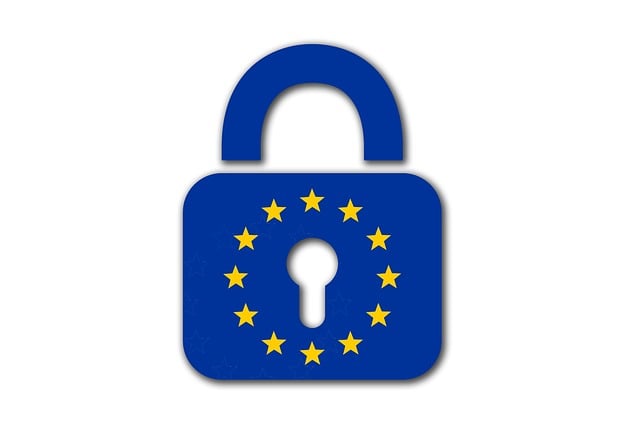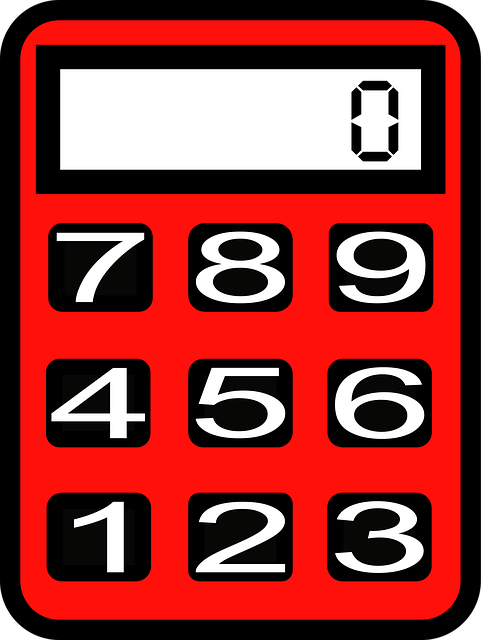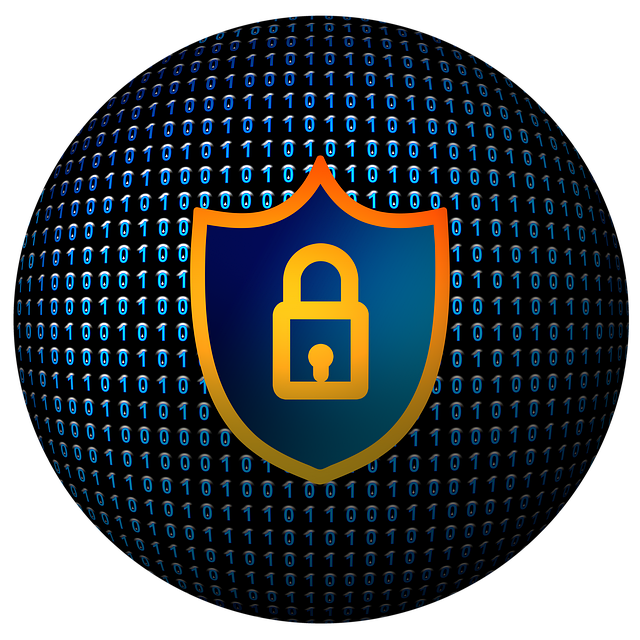Certified Public Accountants (CPAs) play a crucial role in ensuring Sarbanes-Oxley (SOX) Act compliance for financial IT systems, implementing and monitoring internal controls to protect investor trust. Specialized accounting tools automate tasks, enhancing efficiency while maintaining data integrity and SOX standards. Robust access controls, data backups, and regular system audits are vital. IT legal support guides CPAs through complex compliance issues. In the digital age, SOX-compliant firms prioritize data security and privacy, with automation tools streamlining processes, improving accuracy, and simplifying audits. Continuous training and regular comprehensive audits further ensure SOX compliance among accountants.
“In the ever-evolving landscape of financial accounting, ensuring IT systems align with regulatory standards is paramount for Certified Public Accountants (CPAs). This article explores vital strategies to navigate complex regulations, focusing on Sarbanes-Oxley (SOX) compliance. We delve into key areas such as implementing robust internal controls, enhancing data security, leveraging automation tools, and providing continuous training for staff. By adopting these measures, CPAs can confidently manage financial IT systems while adhering to SOX requirements.”
- Understanding SOX Compliance Requirements for CPAs
- Implementing Strong Internal Controls in Financial IT Systems
- Data Security and Privacy Measures for Regulatory Adherence
- Automation Tools for Efficient Compliance Monitoring
- Continuous Training and Education for Accounting Staff
- Regular Audits and Assessments for Ongoing Compliance
Understanding SOX Compliance Requirements for CPAs

For Certified Public Accountants (CPAs), Sarbanes-Oxley (SOX) Act compliance is a critical aspect of their work, especially when it comes to financial IT systems. This legislation sets strict standards for internal controls and financial reporting to ensure corporate governance and protect investors from fraudulent financial reporting. CPAs play a pivotal role in designing, implementing, and monitoring these controls within an organization’s IT infrastructure.
SOX compliance requires accountants to establish robust processes that safeguard financial data integrity. This involves ensuring the security and accuracy of financial records, implementing access controls to prevent unauthorized modifications, and regularly testing and documenting internal controls. With the help of specialized accounting compliance IT tools, CPAs can automate many of these tasks, enhancing efficiency while maintaining a high level of accuracy and compliance monitoring.
Implementing Strong Internal Controls in Financial IT Systems

Implementing robust internal controls is paramount for financial IT systems to meet SOX compliance standards and gain the trust of accountants. CPAs rely on well-designed access controls in accounting software to ensure data integrity and security, aligning with regulatory requirements. By establishing clear permissions and roles, organizations can safeguard sensitive financial information from unauthorized access or manipulation.
Effective internal controls also encompass data backup procedures, disaster recovery plans, and regular system audits. IT legal support for CPAs is crucial in navigating complex compliance landscapes, ensuring that file security measures are robust enough to protect against cyber threats. This proactive approach not only facilitates SOX compliance but also builds confidence among accountants, enabling them to focus on providing valuable insights and strategic advice.
Data Security and Privacy Measures for Regulatory Adherence

In the realm of SOX compliance, data security and privacy measures are paramount for CPAs to navigate regulatory hurdles effectively. With the increasing reliance on digital systems for financial reporting, IT audits have become integral in ensuring the integrity and confidentiality of sensitive data. Implementing robust security protocols, including encryption, access controls, and regular backups, is crucial for accountants to meet their obligations under SOX. These measures not only safeguard financial records but also foster trust among stakeholders.
Regulatory data systems require meticulous care to maintain compliance. CPAs must remain vigilant in updating and patching software, conducting thorough IT risk assessments, and adhering to industry-specific privacy standards. By integrating these security practices into their workflow, accountants can streamline the IT audit process, demonstrating their commitment to accuracy and transparency in financial reporting.
Automation Tools for Efficient Compliance Monitoring

In today’s digital era, automation tools have become indispensable for CPAs aiming to ensure SOX compliance. These tools offer a myriad benefits beyond simple efficiency, enhancing data retention and CPA file security measures. By automating routine tasks and continuously monitoring key processes, these tools help accountants avoid costly errors and reduce the risk of non-compliance. This, in turn, streamlines IT systems, making them more manageable and less prone to human intervention errors.
Moreover, automation facilitates robust IT audit processes for accountants by providing clear, traceable records of every transaction and change made within the system. This transparency is crucial for meeting regulatory requirements and instilling confidence in stakeholders. As data retention becomes increasingly stringent, these automated systems ensure that all necessary information is not only easily accessible but also securely protected, thereby simplifying the compliance journey for CPAs.
Continuous Training and Education for Accounting Staff

To keep up with evolving regulations, continuous training is essential for accounting staff. This involves regular updates on SOX compliance requirements and best practices in data management and CPA file security. Workshops and webinars focused on regulatory data systems and IT audits for accountants are valuable tools to ensure everyone remains informed. By fostering a culture of ongoing learning, organizations can better navigate the complex landscape of financial IT system compliance.
Additionally, engaging in continuous education helps accounting professionals stay ahead of potential gaps or loopholes that could lead to non-compliance. This proactive approach not only safeguards against penalties but also reinforces strong internal controls and data security measures, ultimately reinforcing the integrity of financial reporting processes.
Regular Audits and Assessments for Ongoing Compliance

Regular, comprehensive audits and assessments are vital components in ensuring SOX compliance for CPAs. These rigorous processes allow accountants to systematically evaluate their financial IT systems and processes against established regulatory standards. By conducting frequent IT audits for accountants, any gaps or weaknesses within the IT infrastructure supporting financial reporting can be promptly identified and addressed. This proactive approach not only maintains SOX compliance but also enhances the overall integrity of financial data.
Furthermore, ongoing audits enable accountants to stay ahead of evolving regulatory requirements. They facilitate the verification of robust audit trails IT systems, ensuring that every transaction is accurately recorded, traceable, and secure. This level of scrutiny fosters transparency and builds confidence in the accuracy of financial reporting, demonstrating a commitment to ethical practices among CPAs.
